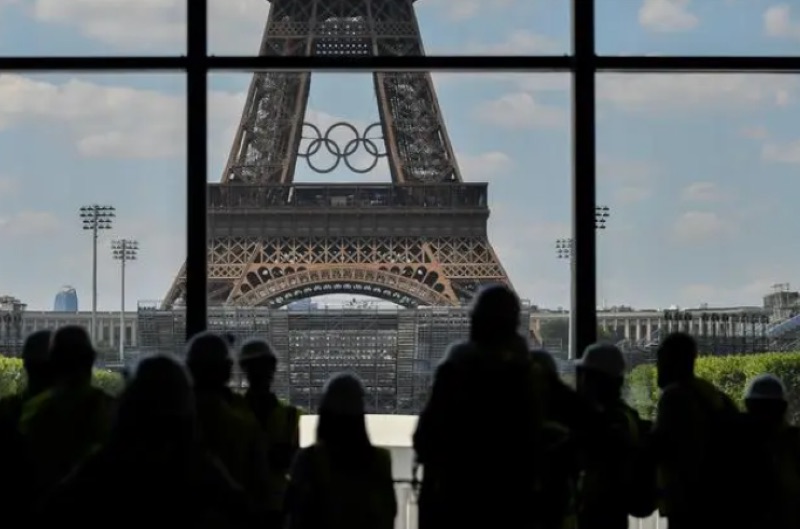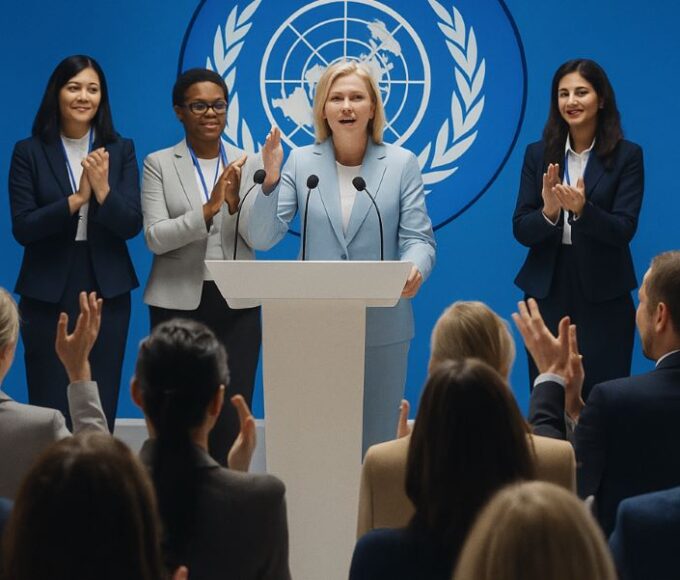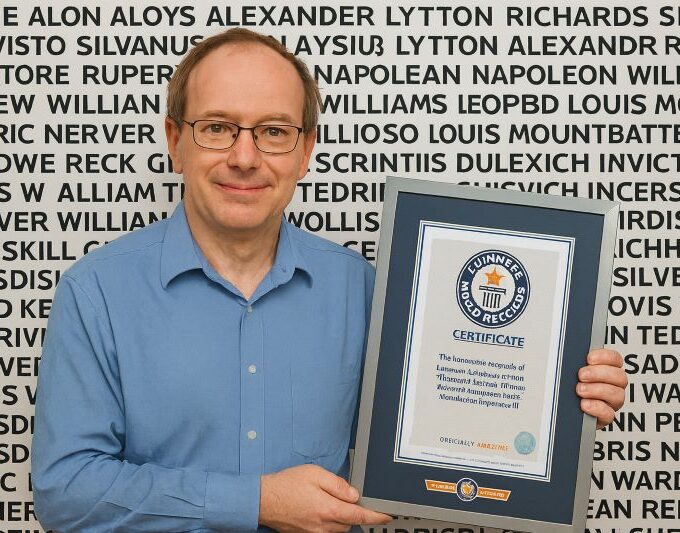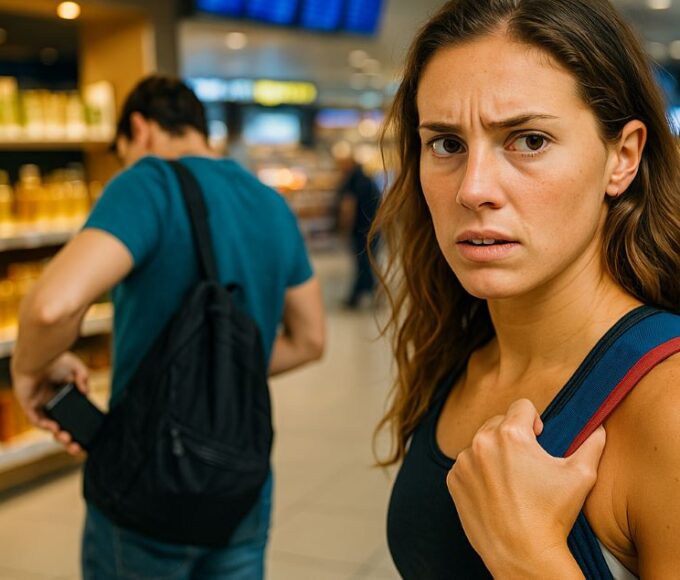On the 25th, the Paris Organizing Committee of the Olympic Games announced the catering arrangements during the Paris Olympics, where they will offer participating athletes dishes that combine environmental concepts with French cuisine. It is worth mentioning that french fries will not be served in the athletes’ restaurant in the Olympic Village and will be replaced by a rich lentil dish.
No fries

Fryers are not allowed in temporary kitchens
Chengdu Red Star News reported that McDonald’s, a longtime sponsor of the Olympics, had its own fast food restaurant in the Olympic Village until the 2016 Rio Games. During the Paris Games, however, athletes who wanted some french fries had to go out and find them.
Philippe Wiltz, head of catering for the Paris 2024 Olympics, explained that at London 2012, which served as a benchmark, athletes were able to eat fries and burgers. McDonald’s was a sponsor of the Olympics, whose partnership with the Games began in Montreal in 1976 and ended early in 2018.
“For technical reasons, we can’t serve french fries.” Estelle Lamothe, deputy director of the Olympic Village Catering Department of the French Sodexo Group, which is the caterer for the Paris Olympics, explained that today’s Olympic restaurant is located in the atrium of the Cinematheque, and that its makeshift kitchens do not allow the use of deep fat fryers, which are a fire hazard.
While many of the athletes will stick to their usual diet before the games, they will also have the opportunity to sample some of France’s famous cuisine as a number of Michelin-starred chefs have been invited to act as catering consultants for the restaurants in the Olympic Village during the Olympics.
“We have prioritized French cuisine so that athletes from all over the world can taste the excellence of French cooking.” Tony Estanguet, President of the Paris 2024 Organizing Committee, said. This actually attracting the attention of the society.
To further reduce carbon emissions

Only two of the six dining areas will be air-conditioned
The large 3,300-seat Athletes Restaurant in the Olympic Village in Paris will welcome athletes from all countries next month, and on June 25 it welcomed a large group of sports personalities and journalists for its first test opening.
The “food court” is located in the Cinema City designed by the famous French director Luc Besson, which was formerly a power station. The main restaurant of the Olympic Village in Paris consists of six different dining areas, offering cuisine from all over the world. Half of the 50 dishes served each day are 100% vegetarian.
French media are reporting that France is working to reduce meat consumption and will endeavor to take this action on the occasion of the 2024 Olympics in Paris by providing athletes with vegetarian-based cuisine.
According to Pasteur, Sodexo’s Olympic Village Project Director, “It’s fantastic in terms of the popularity of vegetarianism.” The stated goal of the project is to reduce the carbon footprint of the diet by using local products and less animal protein.
Gregor Besschou, Head of Sustainable Food at the Paris Olympic Committee, said, “One of the big commitments of the 2024 Paris Games is to offer vegan meals in order to halve the carbon footprint of each meal on average. We want vegan food everywhere.”
Sixty percent of the food served to spectators at the Paris Olympics venues will be vegetarian, including the temporary stadium on the Place de la Concorde in the center of Paris, which will host skateboarding, scooter and breakdancing competitions, which will serve no meat at all.
In addition, to further reduce carbon emissions, only two of the six restaurant areas in the Olympic Village will be air-conditioned, while the remaining areas are located in outdoor courtyards, shaded by fabric awnings and ventilated by ceiling fans.
The temperature on the day of the Olympic restaurant’s first trial run was 27 degrees Celsius, and according to media reports, some people on site were sweating visibly. “I think we found a good balance between providing the right temperature and reducing carbon emissions.” Estanguet said, “This is one of the main challenges for the 2024 Paris Olympics.”












